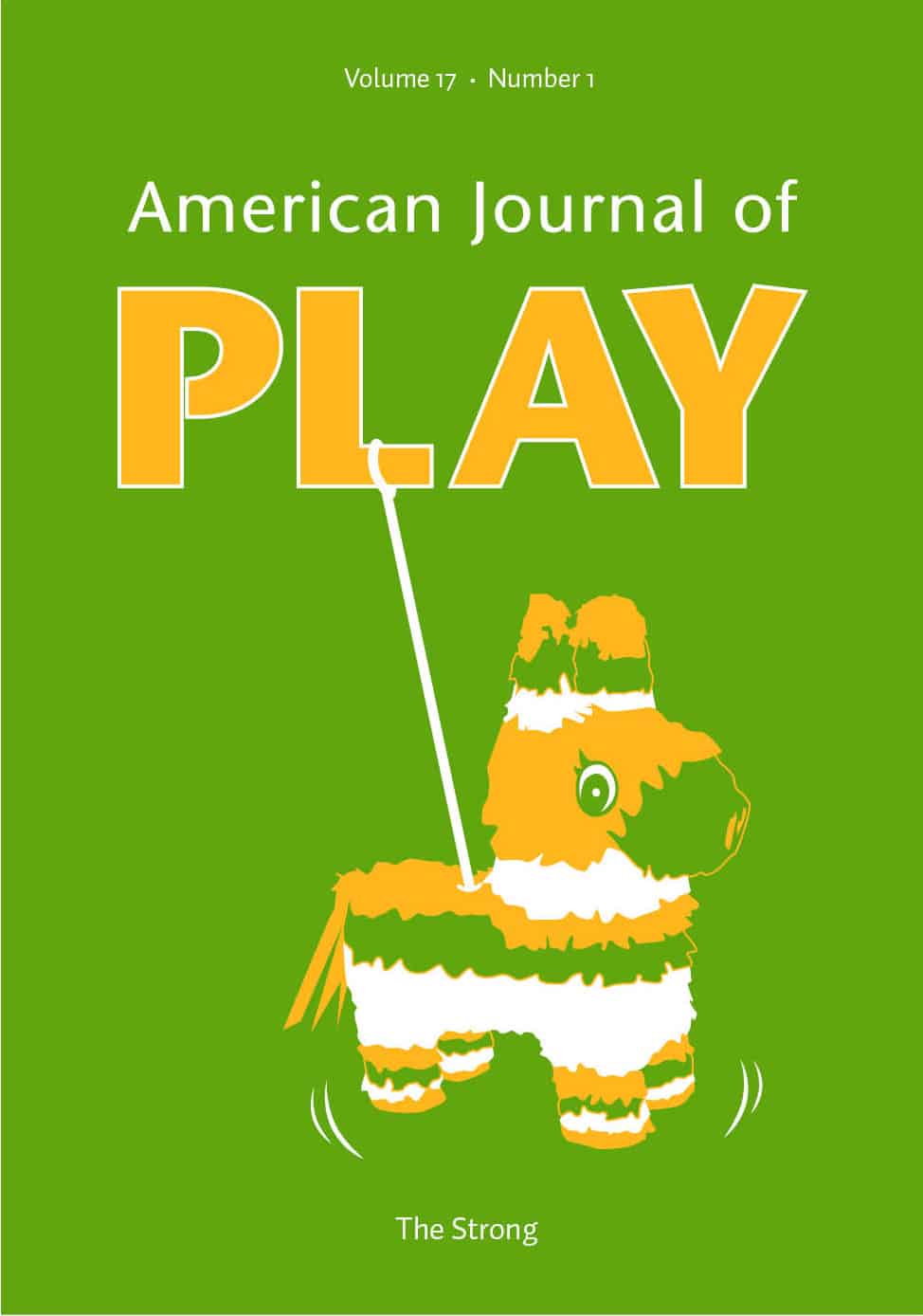Reflections on Video Games and Game History: An Interview with Jesper Juul
Jesper Juul is a video game theorist and occasional developer. He works at the Royal Danish Academy in Copenhagen and has taught at MIT and New York University. He coorganized one of the first academic video game conferences, had a hand in starting the video game journal Game Studies, and helped organize the first Nordic Game Jam. He coedits the MIT Press Playful Thinking series. He has published five books with MIT Press, Half-Real: Video Games Between Real Rules and Fictional Worlds; The Art of Failure: An Essay on the Pain of Playing Video Games; Handmade Pixels: Independent Video Games and the Quest for Authenticity; A Casual Revolution: Reinventing Video Games and Their Players; and Too Much Fun: The Five Lives of the Commodore 64. His first computer was a Commodore 64, on which he wrote games and demos.





